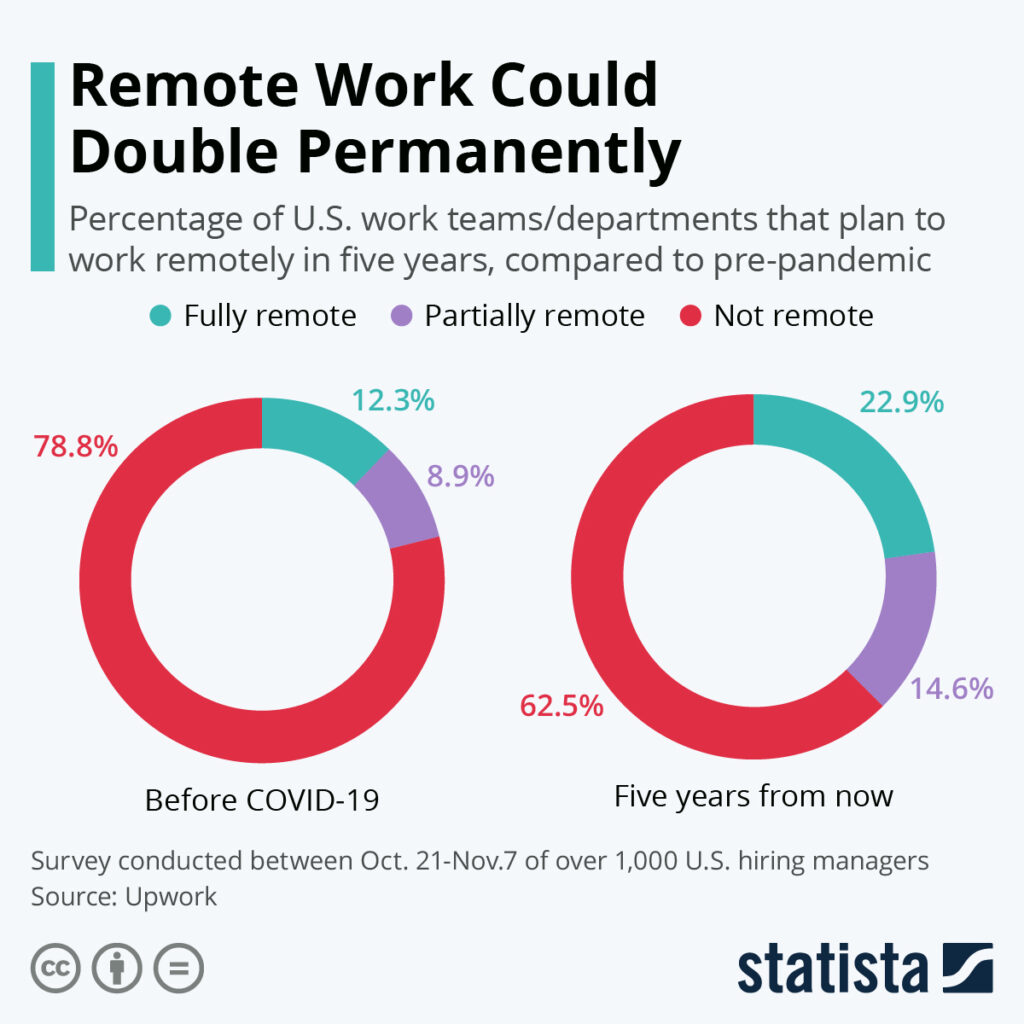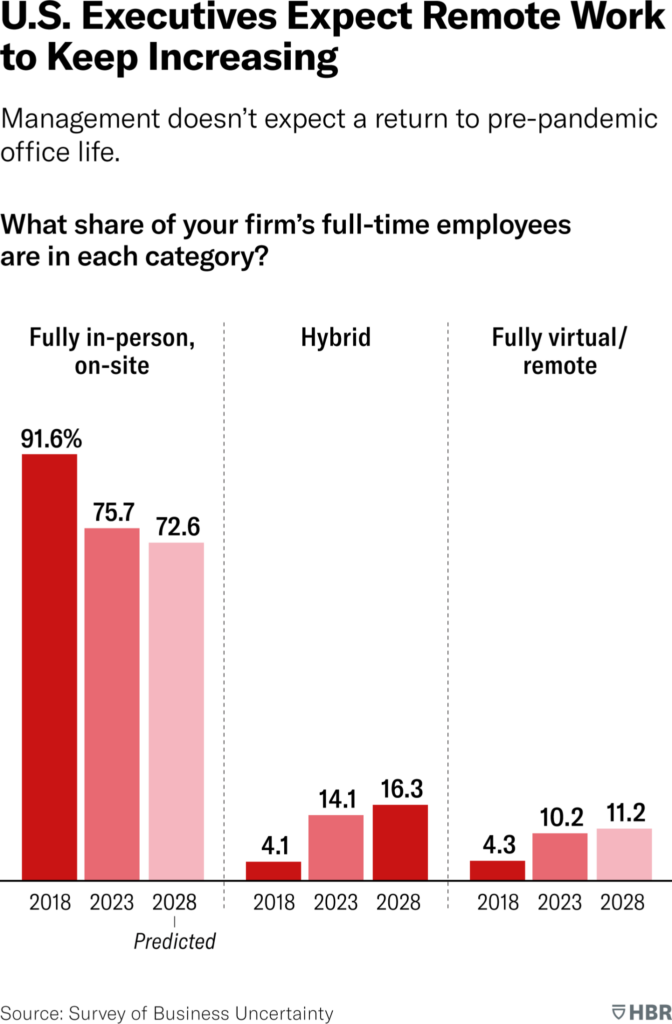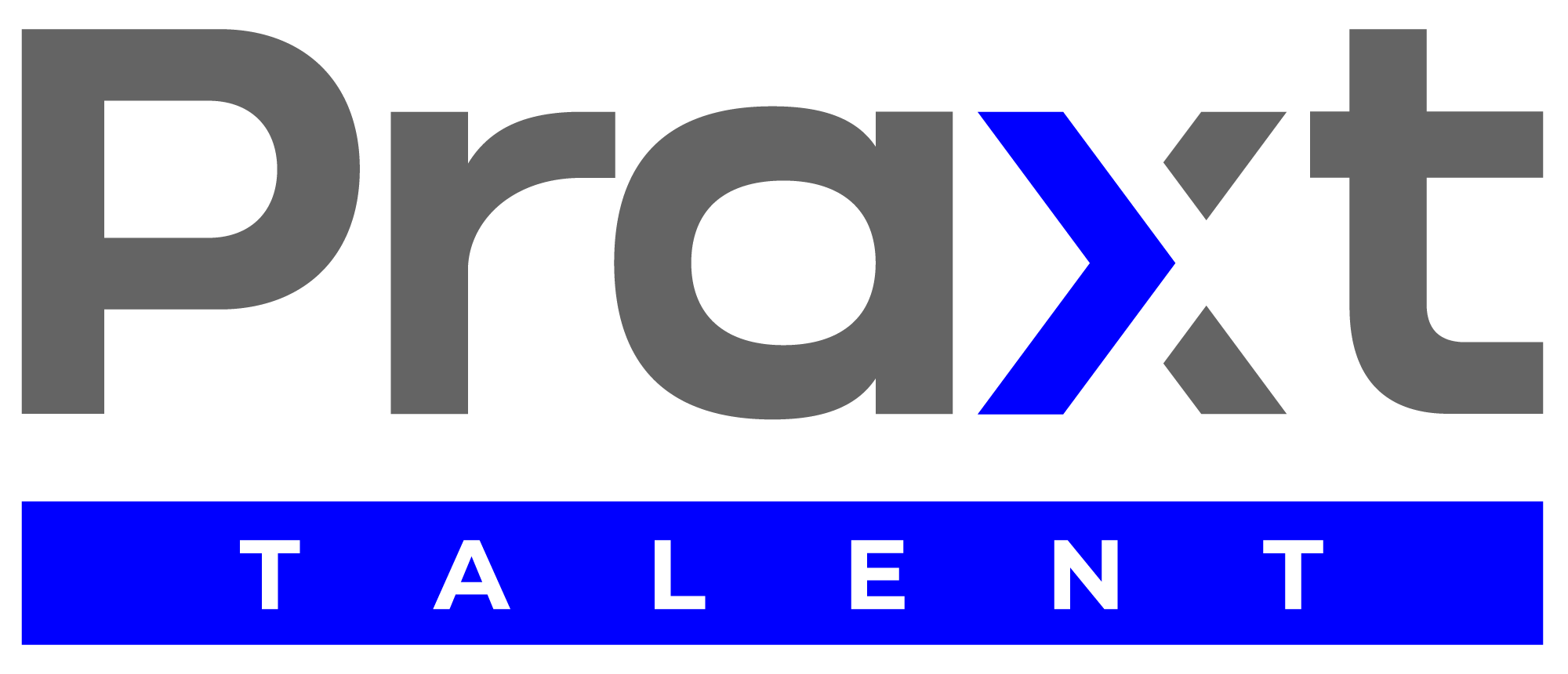The great explorer of the truth, the master-builder of human happiness no one rejects dislikes avoids pleasure itself because it is pleasure but because know who do not those how to pursue pleasures rationally encounter consequences that are extremely painful desires to obtain.
Read MoreRemote Work Job Postings – The New Standard in the US
The rise of remote work job postings is changing the landscape of employment in the US. As employees increasingly prioritize flexibility and work-life balance, companies that embrace remote opportunities are not just attracting talent; they are reshaping the future of work itself. This blog explores the rising trend of remote job postings, their impact on recruitment, and why they are no longer an option but a necessity for companies aiming to thrive in today’s competitive landscape.
Source: USA Today Remote Work Statistics, April 3, 2024
- 58% prefer working from home at least 3 days per week.
- 36% want fully remote work (most popular).
- Only 17% prefer 5 days in the office.
- Least popular: 4 days at home, 1 in office (9%) and vice versa (9%).
- 41% would choose a fully remote job in a new role.
- Only 10% would accept 4 days in office, 1 day remote.
- Over a third would look for a new job if remote work ended.
- 68% say remote work improved their lives; only 5% say it had a negative impact.
As this demand for remote work grows, it is essential to examine the current trends shaping the job market. Understanding these shifts will provide insight into how companies can effectively position themselves to attract top talent in a rapidly evolving landscape.
What the Statistics Reveal About Remote Work Job Postings
The statistics clearly illustrate a profound shift in workplace preferences and behaviors, highlighting the urgency for companies to adapt their recruitment strategies. Here’s a closer look at what these numbers indicate about the future of remote work job postings in the US:
- Shifting Employee Preferences :
The data shows that 58% of white-collar workers prefer working from home at least three days a week, with 36% favoring fully remote positions. This strong preference for remote work underscores the necessity for organizations to incorporate remote opportunities in their job postings. Companies that don’t adapt to this trend may lose a significant portion of their employees, as evidenced by the over one-third of employees who would seek new job opportunities if remote work options were eliminated.
- Enhancing Productivity and Cost Efficiency :
Remote work is not just a perk for employees; it also benefits companies. A notable 77% of employees believe that remote work can help reduce company operating costs, while 27% of employers report increased productivity. This dual advantage makes remote job postings an attractive proposition for businesses looking to streamline operations and enhance efficiency. Organizations that emphasize these benefits in their job postings can attract candidates who value productivity and cost-effectiveness.
- Employee Retention Through Flexibility :
The findings show that 81% of respondents would be more loyal to their employers with flexible work options. Furthermore, remote workers are 13% more likely to stay in their jobs compared to their onsite counterparts. This highlights the importance of flexibility in job postings as a key driver for employee retention. Companies that prioritize and promote flexible work arrangements in their recruitment materials can foster a more committed and stable workforce.
- Competitive Advantage in Talent Acquisition :
In a competitive labor market, organizations that offer remote work opportunities are more likely to attract top talent. The statistic that 65% of respondents desire full-time remote roles indicates that remote job postings are not just a trend but a standard expectation. Employers who can effectively position their remote roles and showcase the benefits of such arrangements will have a significant edge in attracting skilled professionals.
- Adaptation to Emerging Trends :
As the US maintains one of the highest adoption rates for remote work globally, with organizations increasingly offering flexible working days, it’s essential for companies to keep pace with these changes. 43% of CEOs are already responding to this demand by providing flexible working days, highlighting the need for businesses to incorporate similar policies in their job postings. Adapting to these trends not only helps in meeting employee expectations but also reinforces a positive employer brand.
US Positioning in Remote Work Trends
The US is well-positioned for remote work, currently boasting one of the highest adoption rates globally, trailing only New Zealand and Canada among the 34 countries surveyed.
Remote work represents a shift towards decentralization and personal freedom, allowing employees greater control over their working hours and methods. Management researchers have long recognized that for decentralized decision-making to thrive, a company must be exceptionally well-managed.
Source: https://hbr.org/2023/08/survey-remote-work-isnt-going-away-and-executives-know-it
Studies show that, on average, US companies exhibit superior management practices compared to firms in other nations, which enables them to manage remote work more efficiently.
Facts on Remote Working That You Need to Know

Image Source: https://www.statista.com/chart/23781/remote-work-teams-departments/
The chart highlights a significant shift toward remote work in the coming years, signaling positive growth for this trend. Before the COVID-19 pandemic, 78.8% of U.S. work teams were not remote, with only 12.3% fully remote. However, projections for five years show that the percentage of fully remote teams is expected to almost double, reaching 22.9%.
Partially remote teams are anticipated to grow from 8.9% to 14.6%, while the share of office-based teams is expected to drop to 62.5%. These trends suggest that remote work, once seen as a temporary solution during the pandemic, is now being embraced as a long-term strategy by more organizations. The growing recognition of the benefits of flexible working models is positioning remote and hybrid work as a permanent fixture in the modern workforce.
Embracing the Future of Work
The shift towards remote work job postings is not merely a reflection of employee preference; it is a crucial factor influencing recruitment strategies and company culture. By analyzing these statistics, organizations can better understand the implications of remote work and position themselves to thrive in the evolving job market.
As remote work continues to redefine employment norms, companies must embrace this change to attract and retain top talent. The future of work is here, and organizations that adapt to these trends will not only survive but flourish in this new landscape.

Chart Source: https://hbr.org/2023/08/survey-remote-work-isnt-going-away-and-executives-know-it
Transforming Recruitment to Meet Modern Demands
As the job market evolves, so do the expectations of both employers and candidates. To remain competitive, organizations must adapt their recruitment strategies to align with the modern workforce’s needs and preferences.
At Praxt, we understand the importance of aligning with these evolving workplace dynamics. Our expertise in navigating the recruitment landscape enables us to connect organizations with the talent they need to succeed. Whether you are looking to enhance your remote job postings or attract candidates who thrive in a flexible work environment, we are here to help. Let us partner with you to build a workforce that is not only skilled but also adaptable to the future of work.
Connect with us today!
For more insights into the US recruitment market, contact:
Bill Armstrong, Co-Founder and CEO
O: +1 (801) 609-4008 | M: +1 (415) 730-8827 | E: bill.armstrong@praxt.com | W: www.praxt.com



